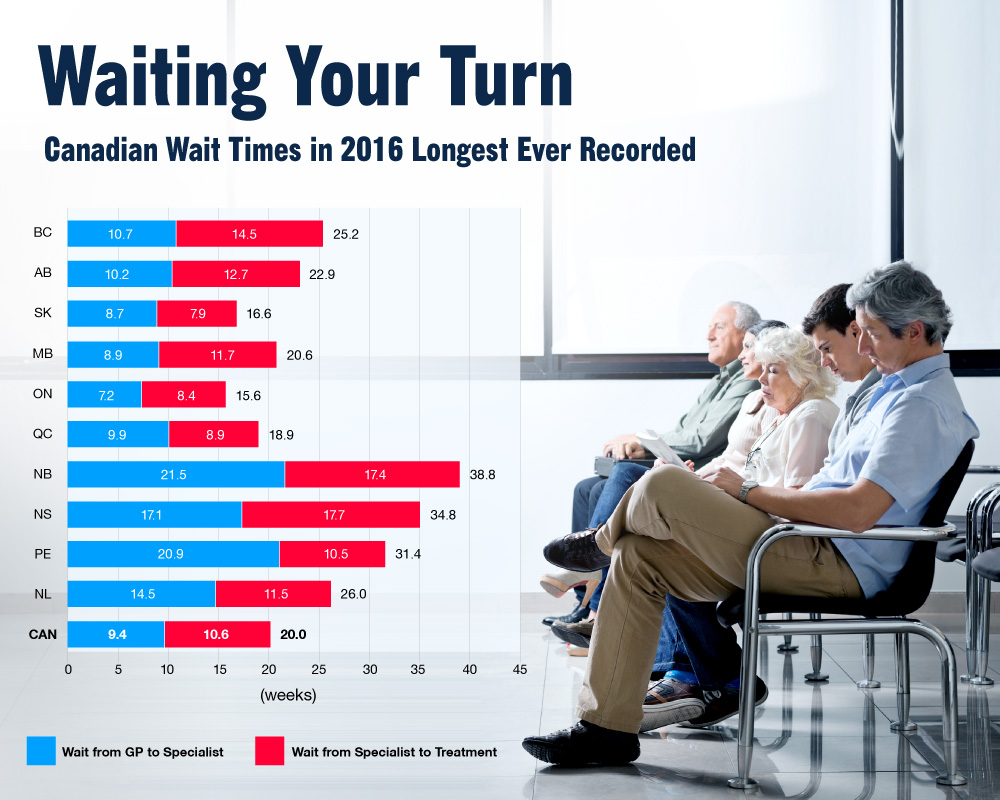Well if that's the case, America has been radically Left for a long time. The Founders didn't want women voting, racial minorities and Catholics in positions of power, or gay people getting married.
The Founding Fathers were White Supremacists.
But, they weren't as Libertarian as you think.
https://www.pbs.org/newshour/nation/what-the-founding-fathers-believed-stock-ownership-for-all
What the Founding Fathers believed: Stock ownership for al
https://www.forbes.com/sites/rickun...ndates-health-insurance-in-1798/#1b709eef53ff
Congress Passes Socialized Medicine and Mandates Health Insurance -In 1798
Rick Ungar
Rick UngarContributor
Opinion
I write from the left on politics and policy.
This article is more than 9 years old.
John Adams: ″the man who at certain point...
Image via Wikipedia
The ink was barely dry on the PPACA when the first of many lawsuits to block the mandated health insurance provisions of the law was filed in a Florida District Court.
The pleadings, in part, read -
The Constitution nowhere authorizes the United States to mandate, either directly or under threat of penalty, that all citizens and legal residents have qualifying health care coverage.
https://hbr.org/2010/04/what-the-founding-fathers-real.html
The majority opinion is discovering corporate rights in a Constitution written by people with a dramatically different conception of corporate power and the limits thereof, and an understanding of citizenship as something based on accountability and membership in civil society.
https://reclaimdemocracy.org/corporate-accountability-history-corporations-us/
Initially, the privilege of incorporation was granted selectively to enable activities that benefited the public, such as construction of roads or canals. Enabling shareholders to profit was seen as a means to that end. The states also imposed conditions (some of which remain on the books, though unused) like these*:
Corporate charters (licenses to exist) were granted for a limited time and could be revoked promptly for violating laws.
Corporations could engage only in activities necessary to fulfill their chartered purpose.
Corporations could not own stock in other corporations nor own any property that was not essential to fulfilling their chartered purpose.
Corporations were often terminated if they exceeded their authority or caused public harm.
Owners and managers were responsible for criminal acts committed on the job.
Corporations could not make any political or charitable contributions nor spend money to influence law-making.
For 100 years after the American Revolution, legislators maintained tight control of the corporate chartering process. Because of widespread public opposition, early legislators granted very few corporate charters, and only after debate. Citizens governed corporations by detailing operating conditions not just in charters but also in state constitutions and state laws. Incorporated businesses were prohibited from taking any action that legislators did not specifically allow.





